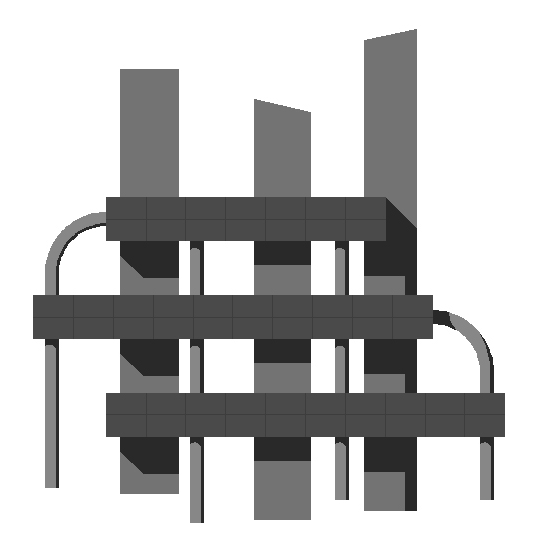
Second Semester
Fri: 11:00 a.m. - 1:00 p.m., Aula C6
Fri: 2:00 p.m. - 4:00 p.m., Aula D8
Introduction [pdf]
AI spring? Artificial Intelligence, Machine Learning, Deep Learning: facts, myths and a few reflections.
Fundamentals: Artificial Neural Networks [pdf]
Foundations of machine learning: dataset, representation, evaluation, optimization. Feed-forward neural networks as universal approximators.
Flow Graphs and Automatic Differentiation [pdf]
Tensorial representation, flow graphs. Automatic differentiation: primal graph, adjoint graph.
Deep Networks [pdf]
Deeper networks: potential advantages and new challenges. Tensorial layerwise representation. Softmax and cross-entropy.
Shannon Entropy (Wikipedia)
Cross Entropy (Wikipedia)
Learning as Optimization [pdf]
Vanishing and exploding gradients. First and second order optimization, approximations, optimizers. Further tricks.
Aside 1: Exponential Moving Average [pdf]
Aside 2: Predictors [pdf]
From in-sample optimization to out-of-sample generalization.
Convolutional Networks [pdf]
Convolutional filter, filter banks, feature maps, pooling, layerwise gradients.
Deep Convolutional Neural Networks and Beyond [pdf]
Some insight into what happens in convolution layers. DCNN architectures. Transfer learning. Working in reverse: image generation. Generative adversarial networks. Autoencoders and segmentation. Object detection.
J Yosinski, J Clune, Y Bengio, H Lipson, "How transferable are features in deep neural networks?" in Advances in Neural Information Processing Systems (NIPS 2014) [link]
Aside 3: Tensor Broadcasting [pdf]
Aside 4: Differentiating Algorithms? [pdf]
Graph-based vs. tape-based automatic differentiation. The engineering solutions in TensorFlow and PyTorch.
A Paszke et al. "Automatic differentiation in PyTorch" in Advances in Neural Information Processing Systems (NIPS 2017) [link]
Aside 6: Word Embedding [pdf]
Skip-grams, probability distributions of context and center words, training and results, continuous bag of words (CBOW) model.
Attention and Transformers [pdf]
Attention as a kernel, attention maps, queries, key and values, attention-based encoder and decoder, transformer architecture, translator.
A Vaswani, N Shazeer, N Parmar, J Uszkoreit, L Jones, A N Gomez, L Kaiser, I Polosukhin, "Attention Is All You Need" in Advances in Neural Information Processing Systems (NIPS 2017) [link]
Reinforcement Learning [pdf]
A short recap about RL foundations, Markov decision process, state value function, policy, optimality, action value function, Q-learning.
Deep Reinforcement Learning [pdf]
Integrating DNNs into the RL paradigm, DQN algorithm, policy gradient, Actor-Critic methods, NAF algorithm.
Monte Carlo Tree Search [pdf]
Game trees, Monte Carlo strategy, Monte Carlo Tree Search (MCTS), Upper Confidence Bounds applied to Trees (UCT).
Alpha Zero [pdf]
MCTS + DNN, network architecture, replacing MCTS rollout with estimation, network training, AlphaZero in continuous spaces (hints).
D J Mankowitz et al., "Faster sorting algorithms discovered using deep reinforcement learning", Nature 618, 257:263 (2023) [link]
Marco Piastra
Contact: marco.piastra@unipv.it